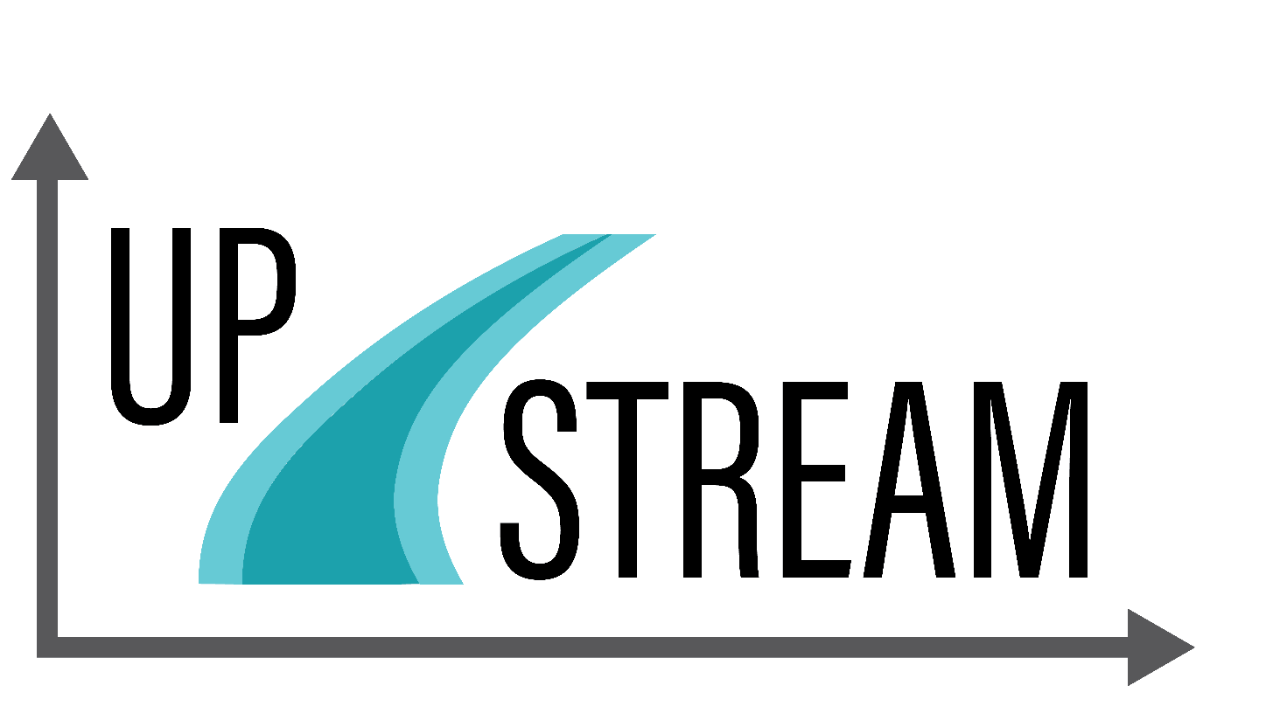Upstream Pilot Grant Awardees and Projects
Caitlin Ahearn, PhD
Postdoctoral Scholar, Stanford Center on Poverty and Inequality
Stanford University
Mentor: David Grusky, PhD
Edward Ames Edmonds Professor of Economics and Professor of Sociology, Director of the Stanford Center on Poverty and Inequality
Stanford University
"The Buffering Effects of Guaranteed Income Against Unexpected Shocks"
Experiencing an unexpected shock due to systemic forces or climate change can put health, housing, and income streams at risk, with low-income individuals and households particularly vulnerable. Given the known link between income and health, differential financial impacts of shocks are expected to contribute to unequal health outcomes. This proposal aims to estimate the buffering effects of guaranteed income against the adverse consequences of unexpected macro- and individual-level shocks. The results of this project will inform whether a generalized support system such as guaranteed income can buffer against societal challenges and growing climate changes that contribute to cancer inequality in high-poverty areas.
Sorbarikor Piawah, MD, MPH
Assistant Professor, Department of Medicine-Division of Hematology/Oncology
University of California San Francisco
Mentor: Erin Van Blarigan, ScD (Co- Investigator)
Associate Professor, Department of Epidemiology and Biostatistics and Urology
University of California San Francisco
Lisa Goldman Rosas, PhD (Co-Investigator)
Assistant Professor (Research)
Stanford Department of Epidemiology and Population Health
Wei-ting Chen, PhD (Co-Investigator)
Professor, Executive Director
Stanford Office of Community Engagement
"Addressing the Nutritional Needs of Colorectal Cancer Survivors with Nutrition Insecurity"
Up to 40% of households with incomes below the Federal poverty line experience food insecurity and the prevalence of nutrition insecurity is even higher among individuals who have been diagnosed with cancer in persistent poverty areas, due to the costs of cancer care. Moreover, nutrition insecurity has great implications for colorectal cancer (CRC) patients’ long-term prognosis, as it reduces treatment tolerance and completion, impacts quality-of-life, and may increase risk of cancer recurrence and mortality. Therefore, we propose to develop a nutrition security intervention for colorectal cancer (CRC) survivors experiencing nutrition insecurity within the catchment areas of Stanford and UCSF. In Aim 1, we will use focus groups and interviews of CRC survivors to identify dietary needs in the survivorship setting, explore the impact of nutrition insecurity on dietary habits, and obtain feedback on potential components for the planned intervention. In Aim 2, we will assess the feasibility and acceptability of a single arm proof-of-concept intervention in which CRC survivors receive support with a nutrition navigator, nutrition education materials, and weekly Instacart vouchers (Fresh Funds) over a 4-week study period.
